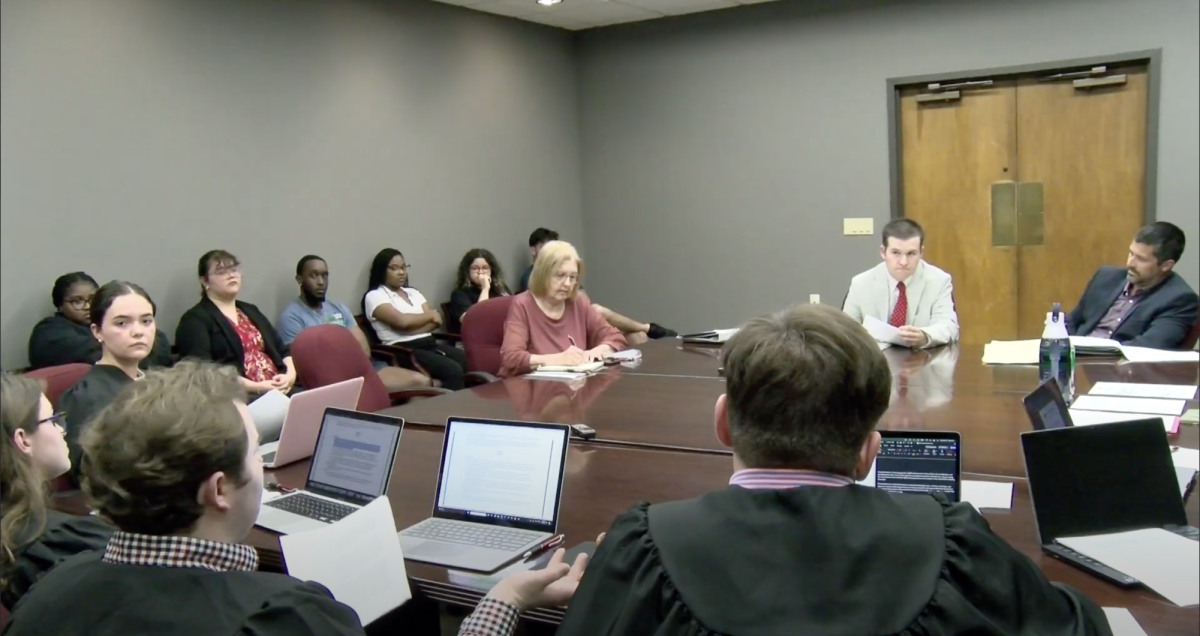Several universities are offering MOOCs, or Massive Open Online Courses, in the hopes of bringing free higher education to the masses.
Sites like Coursera, Udacity, Khan Academy, and edX have partnered with professors from universities like Stanford, Duke and Harvard to offer quality education to anyone with an Internet connection.
Nicholls State University is even incorporating MOOC-like courses into regular curriculum. Dr. Ianna West has developed a math MOOC that will be geared towards students in this region. “Students struggle so much with math and they take it over and over again,” West said.
The MOOC revolution began in 2005 when various sites began to offer MOOC courses. Sebastian Thrun, a professor at Stanford, led this craze when he offered a free artificial intelligence course. 160,000 students signed up in over 190 different nations.
MOOCs seem to offer liberties that regular courses cannot afford. There is no oversight and students do not need to cover every topic that is included. Although MOOCs require more discipline from participants than a regular class, they are quickly gaining traction. Coursera, one of the first sites to offer MOOCs, averages 70,000 new students a week.
“I am impressed with the opportunities it has to offer students success as well as access,” Nicholls’ Vice President of Academic Affairs Allayne “Laynie” Barrilleaux said.
The American Council on Education (ACE) certified four courses offered by Coursera for college credit. This does not mean that schools have to accept these credits. Schools like Duke University and The University of Pennsylvania, which offers MOOCs, do not plan on offering credit for those classes.
MOOCs have a dropout rate of about 90%. Duke University’s introduction to astronomy course, which was offered through Coursera, had 60,000 students enrolled, with only 3.5% of student completing the course.
An average MOOC costs a university between $15,000 to $50,000. Even if this high cost can be avoided, professors average 100 hours to simply build a MOOC. Teaching a MOOC can cost a professor anywhere between 8 to 10 hours a week.
Although these courses are free, people who invested up to $40 million dollars of venture capital in sites like Coursera are eager to find ways to monetize this educational resource.
Some sites have already begun to offer certification, for a certain price, at the completion of a course. The possibility of licensing materials and selling packaged courses to universities is even being considered.
Others hope that offering advertising on these sites will be enough to avoid charging for educational information that some think should be available to everyone.












